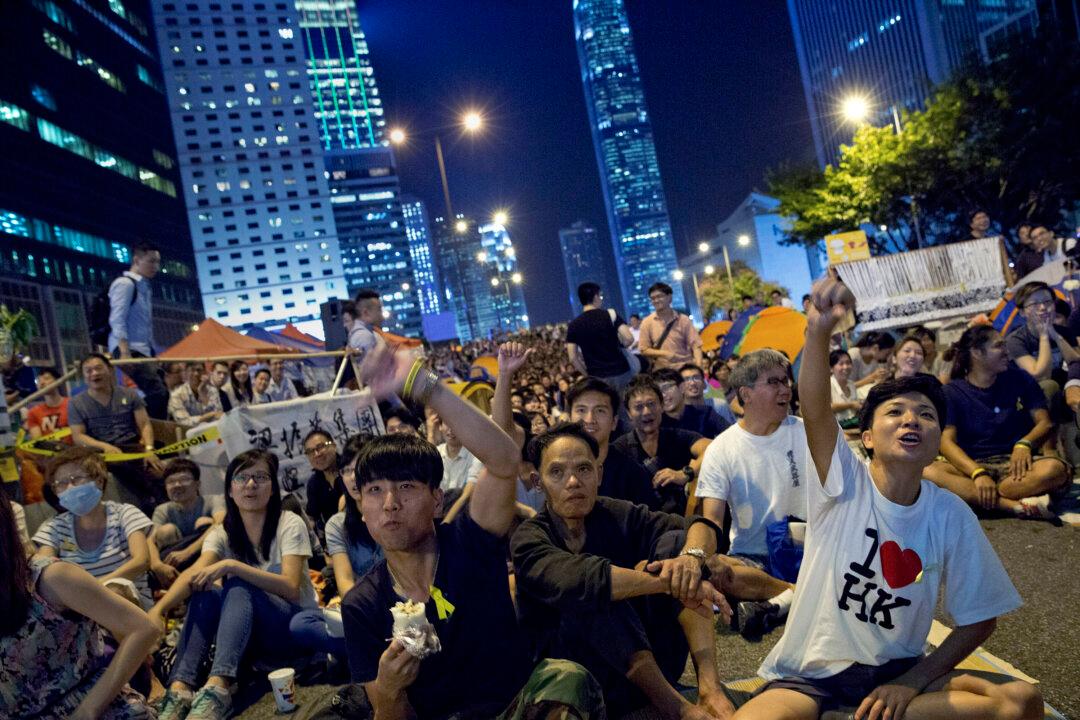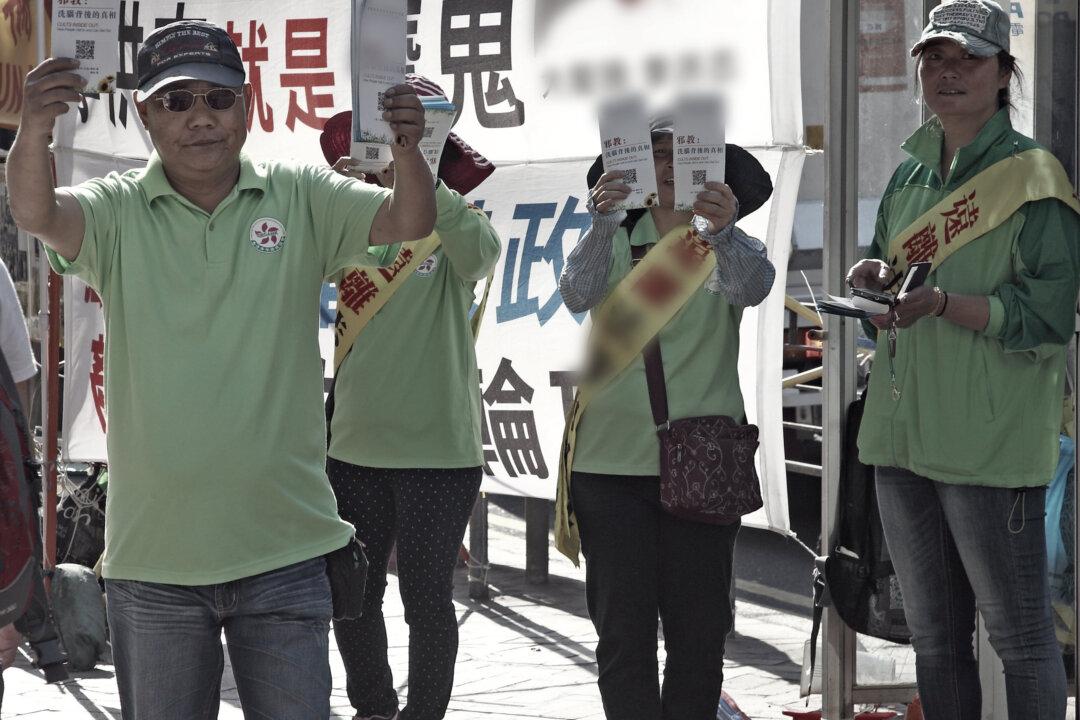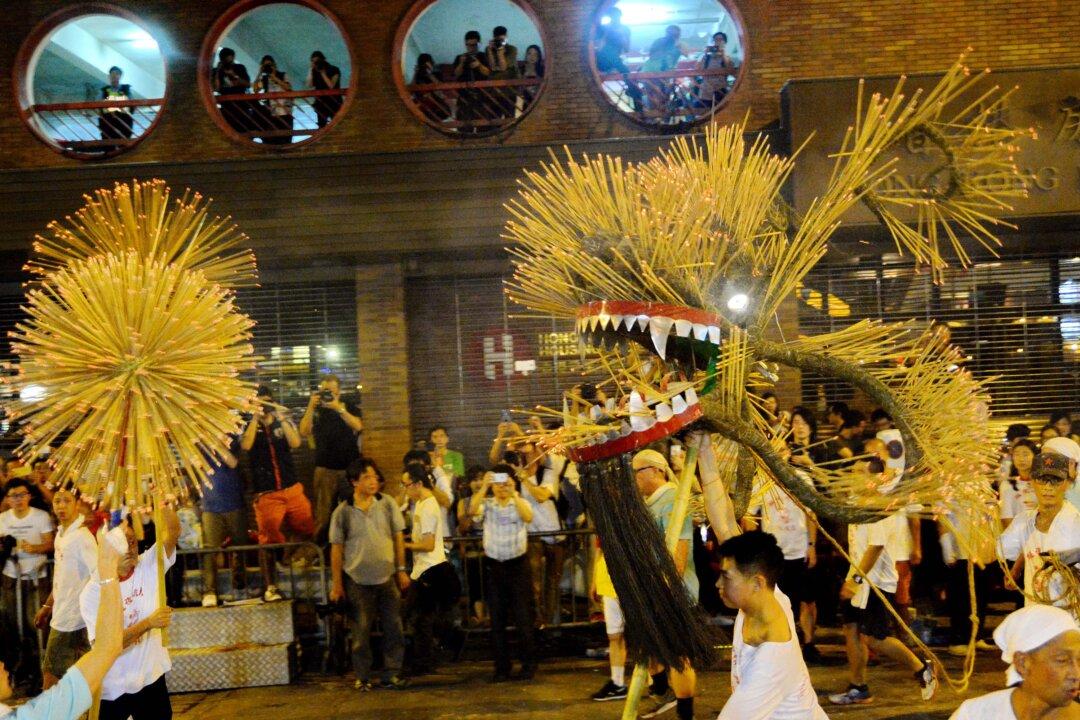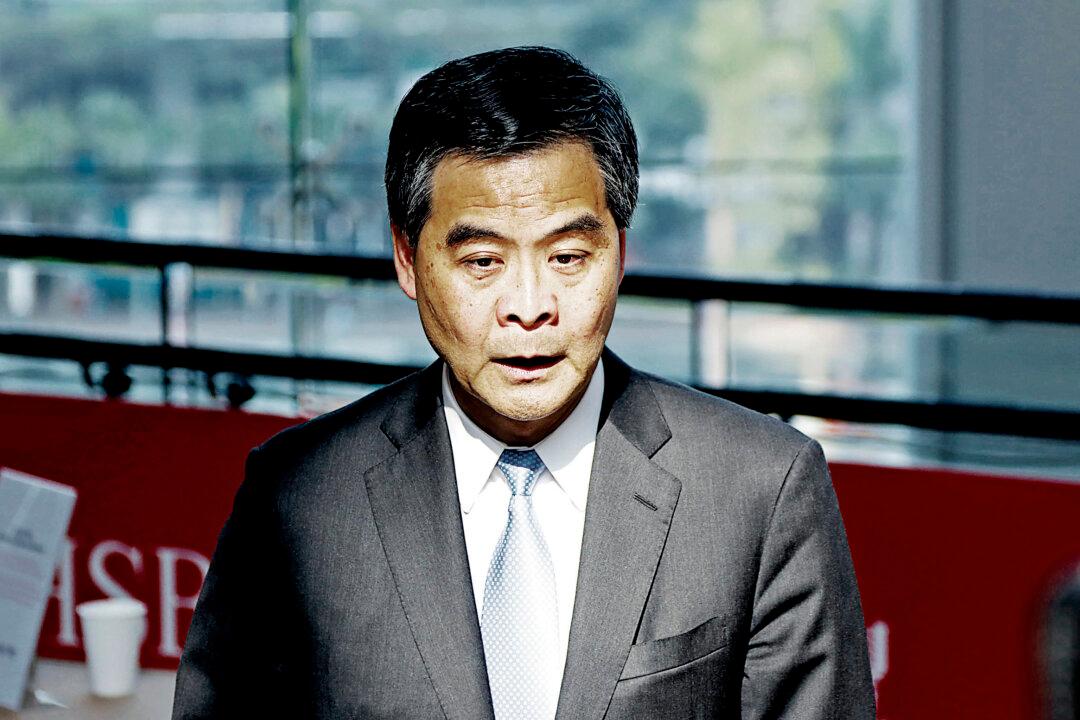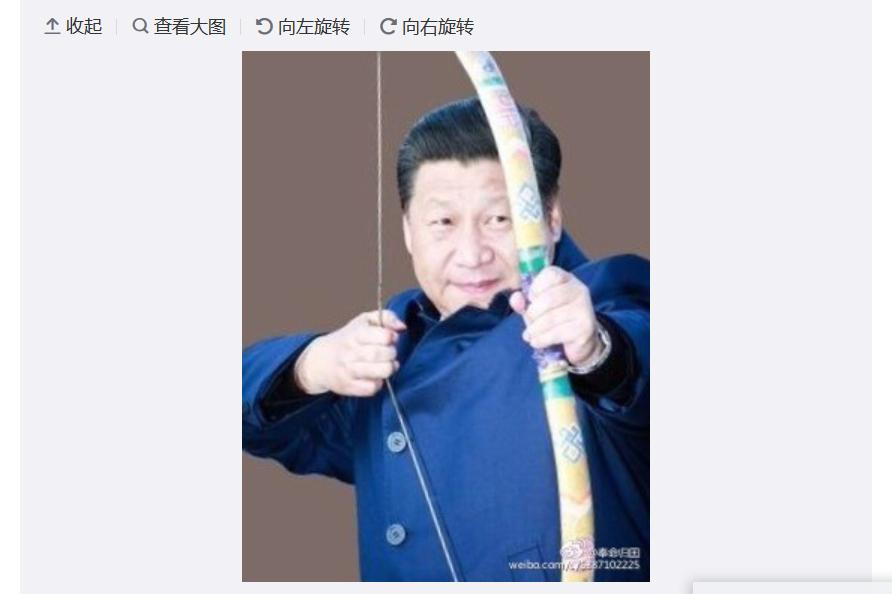HONG KONG—The Jiang Zemin faction of the Chinese Communist Party (CCP) appears to be trying to create so much trouble in Hong Kong that Party leader Xi Jinping will be forced to repeat the 1989 Tiananmen Square Massacre.
The Jiang faction would then be able to criticize Xi for his violent act and force him to step down, thus preventing Xi from purging any more Jiang faction members. Xi has already removed large numbers of former CCP leader Jiang Zemin’s supporters from the Party in his anti-corruption campaign.
Jiang lost his power over the CCP’s highest authorities when his successor, Hu Jintao, retired from his position as Party leader in 2012. At that time, Hu set a new rule that former Party leaders can no longer interfere with the work of the current leader.
Jiang no longer had the freedom to interfere with politics. At the same time, he lost many of his supporters, including his successor as head of the Jiang faction, Bo Xilai, who was imprisoned.
In an effort to regain power, the Jiang faction has been plotting various ways to eliminate Xi: assassination, a coup, or another incident like the Tiananmen Square Massacre.
The current political turmoil and protests in Hong Kong are all part of the Jiang faction’s plan.

